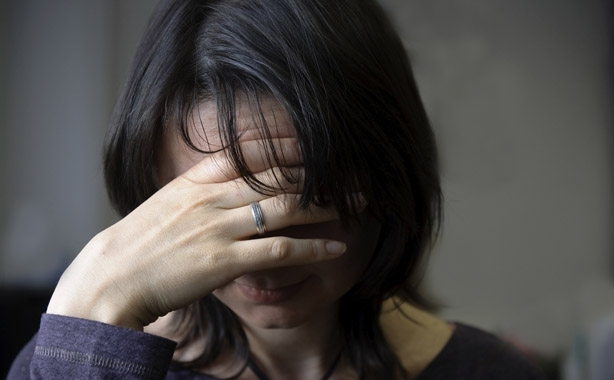This week Phil Stokes begins our three month series on the cross…
Forgiveness always comes at a price. The forgiver pays its cost.
Imagine that your loved spouse, who had at the start stood beside you and promised to love you and be faithful to you has now become a violent and angry person who had lost all humanity and indulged in every form of vice and hatred. They have broken every covenant and lost all respect. Your dreams are shattered and your life is in pieces.
You are separated.
And then some years later they come to the door and ask you to forgive them, to take them back. Would you just fling the door open and say; ‘sure come on in, sit down, Ill make some supper’? If you have any self respect, that is highly unlikely. But what if there was genuine regret in their face? What if you discerned that there was some deep realisation of the pain that they had caused, and what if there remained a shred of love in you for the person that they used to be, who was loving at first. Maybe you think for a just a moment of what might be… but the pain of the years of torment and rejection and past fears would all rise up and swallow any possible hope of reconciliation in your mind. The pain is too great. And even if they have changed, to forgive this person all these acts would literally feel like being crucified. No one could rightfully demand it or reasonably expect it. It is too great a cost and too high a price /risk.
There is always a price in genuine forgiveness. There is a personal crucifixion that one goes through as we consider the acts of that person, realize the personal cost to us, and decide that they are worth the price. In our fallen state we are unable to truly do this unless we know that we too have been forgiven. We love because we have first been loved.
There is an impossible depth of grace in the cross that expresses the emotional, psychological, physical and spiritual pain that God has gone through in order to bring you and I back into relationship with himself. We don’t actually see the full measure of our sin and alienation from Father, because it would crush us if we did. He graciously reveals our broken state to us a step at a time, so that it can be brought the cross and dealt with step by step.
On one occasion, I naively asked God to show me all my sin, to which his reply was; ‘I can’t, it would overwhelm you… but I will show you bit by bit’.
We are so far fallen, and we are so far redeemed through the cross that we are unable to see the full extent of either. The extent to which we can see our sin is usually the extent to which we can truly see and appreciate our forgiveness and reconciliation,
Occasionally I catch a glimpse of both, and it takes my breath away.

